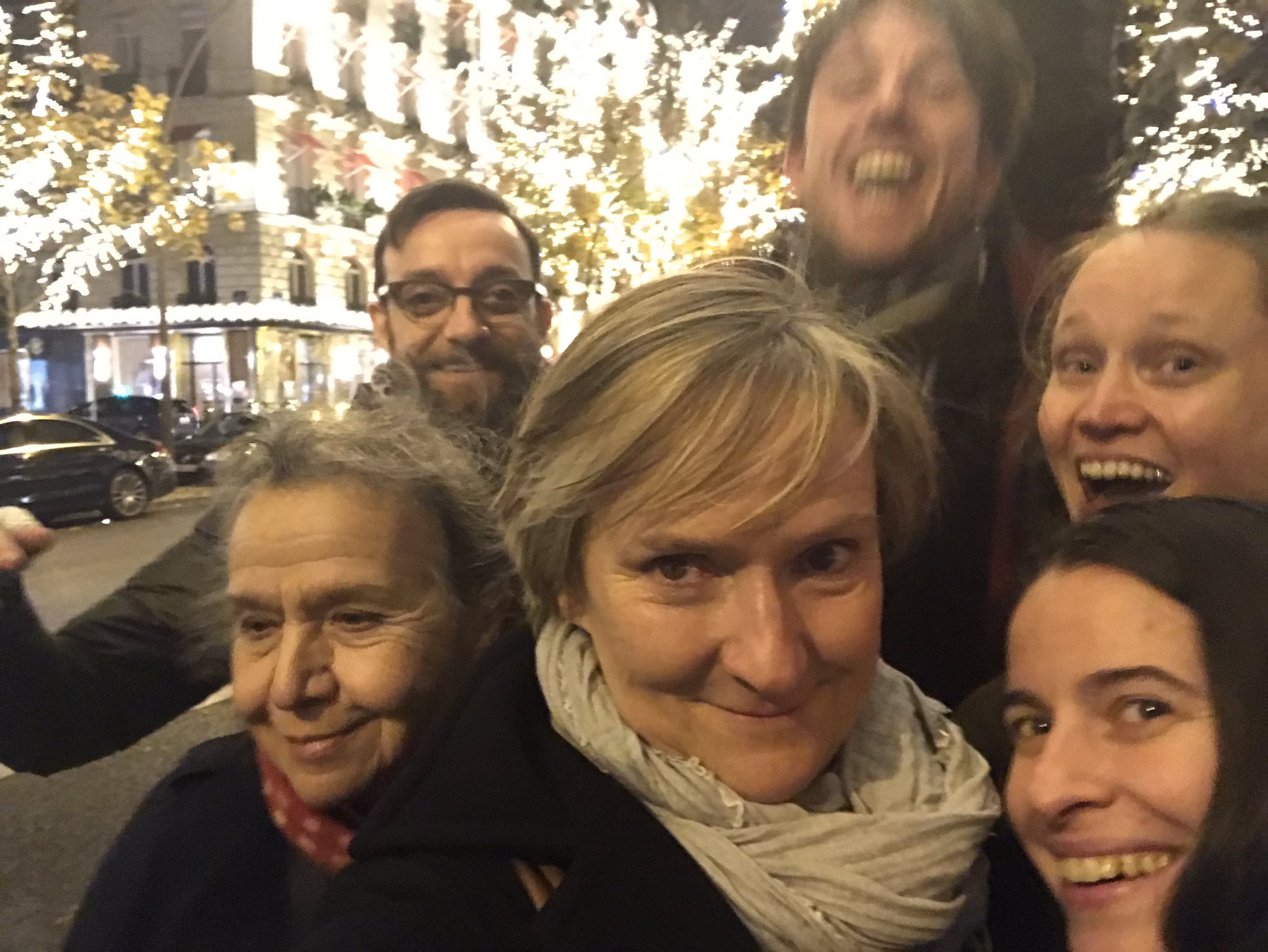By: Frank Cadenhead. The Tuesday news of the failure to find a replacement for Serge Dorny at the Opéra National de Lyon leaves opera in France’s second-largest city adrift. The announcement by the selection committee indicates that all of the finalist, and their proposals for season 2021-2022 and beyond, have been found insufficient. The members of selection committee, made up of city, regional and national officials plus the Chairman of the opera’s board of directors, have indicated that the process will begin again soon.
This means further delays in planning for the 2021-22 season and beyond. It was April of last year when the Bavarian State Opera announced that Dorny would take over. He is now a regular visitor to Munich and planning their future seasons, including his first, 2021-22, for over a year now.
There is the same problem with the Opéra de Paris. Everyone knows that every major opera house is very seriously planning for the next three or four years. Yet the top five contenders to succeed Stéphane Lissner in Paris, starting with that same 2021-22 season, were submitted to the Élysée Palace for President Macron’s final say in April. There is still no word as to when any announcement might be made.
There might have been a complication in Lyon. There are reports that a letter was sent to the selection committee by the principle union of artists at the opera which cautioned against one candidate, the top assistant to Mr. Dorny. The letter cautioned against his selection because his role was basically administrative and his lack of major artistic or innovative credentials.
Finding a replacement for Dorny might be hard. Since his arrival in 2003, Lyon’s opera, the second only after Paris, has moved dramatically into the larger international opera scene and won awards and recognition for its achievements. The repertory now includes little-known operas, a good slice of 20th Century works and new compositions. With creative and visionary productions, his opera house is full and the average age is one of the lowest in Europe.
Dorny would have been a likely candidate in Paris when it became known that Lissner would not be extended. But the failure of the opera’s board to move on this issue and with no leadership from the Ministry of Culture, etc. it was Munich which secured his services. Lyon will be trying again to find a replacement for Dorny and future planning remains in limbo. Both companies are now saddled with the job of working with the 2021-22 leftovers from all the other major houses.
 “The opera started normally and it was not until the intermission that it was announced that everyone had to stay indoors: there had been an attack 300 meters away. The atmosphere was tense. We did not know the number of victims yet, we were all on our phones. We could not go in or out, so the harpist, who only played in the third act, could not enter. She waited outside, 50 meters from the building, at the security checkpoint. We waited forty minutes in uncertainty, but then it was decided that we would continue the show. I confess that the atmosphere was strange: there was a gap between the subject of the operetta, funny and adolescent, and the news of the evening.
“The opera started normally and it was not until the intermission that it was announced that everyone had to stay indoors: there had been an attack 300 meters away. The atmosphere was tense. We did not know the number of victims yet, we were all on our phones. We could not go in or out, so the harpist, who only played in the third act, could not enter. She waited outside, 50 meters from the building, at the security checkpoint. We waited forty minutes in uncertainty, but then it was decided that we would continue the show. I confess that the atmosphere was strange: there was a gap between the subject of the operetta, funny and adolescent, and the news of the evening.